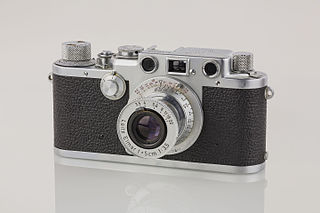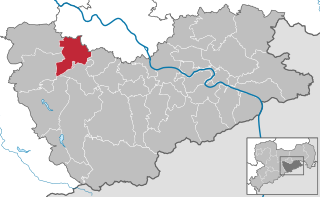Short Brothers plc, usually referred to as Shorts or Short, is an aerospace company based in Belfast, Northern Ireland. Shorts was founded in 1908 in London, and was the first company in the world to make production aircraft. It was particularly notable for its flying boat designs manufactured into the 1950s.

Longbridge plant is an industrial complex in Longbridge, Birmingham, England, currently leased by SAIC as a research and development facility for its MG Motor subsidiary. Vehicle assembly most recently stopped in 2016.
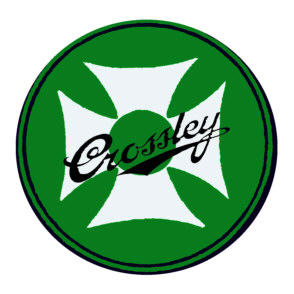
Crossley Motors was a British motor vehicle manufacturer based in Manchester, England. They produced approximately 19,000 high-quality cars from 1904 until 1938, 5,500 buses from 1926 until 1958 and 21,000 goods and military vehicles from 1914 to 1945.

Alvis Car and Engineering Company Ltd was a British manufacturing company in Coventry from 1919 to 1967. In addition to automobiles designed for the civilian market, the company also produced racing cars, aircraft engines, armoured cars and other armoured fighting vehicles.

LOMO is a manufacturer of medical and motion-picture lenses and equipment based in St. Petersburg, Russia. The company was awarded three Order of Lenin decorations by the Soviet Union.

VEF, Latvian acronym for Valsts elektrotehniskā fabrika, is a manufacturer of electrical and electronic products in Riga, Latvia. It was founded in 1919. Before World War II it manufactured large variety of goods, including Minox - then the world's smallest camera. After the war it was the leading communication technology producer in the Soviet Union and the largest factory in Latvian SSR.
Metropolitan-Vickers, Metrovick, or Metrovicks, was a British heavy electrical engineering company of the early-to-mid 20th century formerly known as British Westinghouse. Highly diversified, they were particularly well known for their industrial electrical equipment such as generators, steam turbines, switchgear, transformers, electronics and railway traction equipment. Metrovick holds a place in history as the builders of the first commercial transistor computer, the Metrovick 950, and the first British axial-flow jet engine, the Metropolitan-Vickers F.2. Their factory in Trafford Park, Manchester, was for most of the 20th century one of the biggest and most important heavy engineering facilities in Britain and the world.
The Automobilwerk Eisenach (AWE) was an automobile manufacturer in Eisenach, Germany.

Hotchkiss were luxury cars made between 1903 and 1955 by the French company Hotchkiss et Cie in Saint-Denis, Paris. The badge for the marque showed a pair of crossed cannons, evoking the company's history as an arms manufacturer.

Merkur refers to a metal construction set built in Czechoslovakia. It was also referred to as Constructo or Build-O in English-speaking countries and Tecc in the Netherlands.
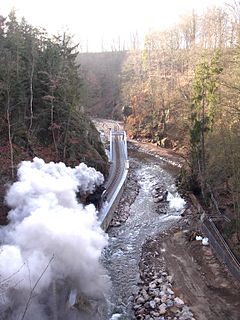
The Weißeritz Valley Railway is a steam operated narrow gauge railway in Saxony, Germany. The line connects Freital, near Dresden, with the spa of Kipsdorf in the Ore Mountains, and follows the valley of the Red Weißeritz.

Bristol Commercial Vehicles was a vehicle manufacturer located in Bristol, England. Most production was of buses but trucks and railbus chassis were also built.

Pentacon is the company name of a camera manufacturer in Dresden, Germany.
Ikarbus a.d. is a Serbian bus manufacturer based in Zemun, Belgrade.

Krasnogorskiy zavod im. S. A. Zvereva is a Russian factory in Krasnogorsk near Moscow which specializes in optical technology. Part of Shvabe Holding.
The rail vehicle factory in Hennigsdorf, Germany, was founded in 1910 by AEG. Locomotive production began in 1913, and in the 1930s absorbed the work of the August Borsig locomotive factory, being renamed the Borsig Lokomotiv Werke GmbH until 1944. After the Second World War the factory was nationalised in the German Democratic Republic and produced electric locomotives for home use and for export, mainly to Communist Bloc countries under the name Lokomotivbau-Elektrotechnische Werke (LEW).
Serbia's automotive industry is one of the most important industrial sectors and makes about 15% of industrial output of the country and 18% of all exports.
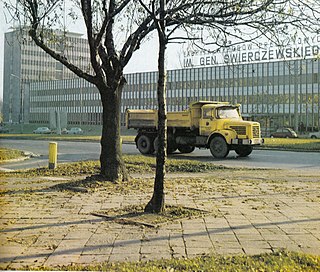
Państwowa Fabryka Karabinów was a Polish arms manufacturer active between the two World Wars. Founded in 1919 as the successor to the pre-World War I Gerlach i Pulst company, Fabryka Karabinów became part of the state-owned Państwowe Wytwórnie Uzbrojenia conglomerate in 1927. It was a sister company to Łucznik Arms Factory, the Munitions Factory of Skarżysko, and several others. By the end of the 1930s, Fabryka Karabinów was one of the largest arms producers of Poland. It was destroyed during World War II.

Antonín Petrof was a Czech piano maker.


